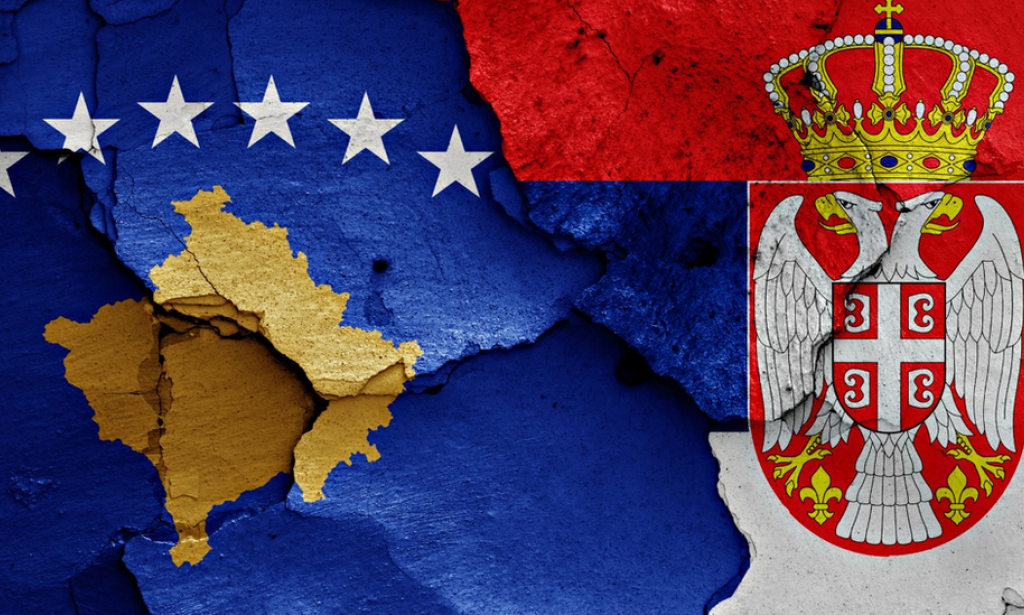The relationship between Serbia and Kosovo remains one of the most complex and contentious issues in the Balkans, with tensions simmering beneath the surface despite efforts to find a lasting solution. Decades of historical, ethnic, and political complexities continue to shape this delicate geopolitical landscape, with recent developments highlighting both progress and persistent challenges.
At the heart of the Serbia-Kosovo dispute lies Kosovo's declaration of independence from Serbia in 2008, a move recognized by over 100 countries, including the United States and most European Union member states, but vehemently opposed by Serbia, backed by allies like Russia and China. This fundamental disagreement over Kosovo's status has been a major obstacle to normalizing relations between the two neighbors.
Efforts to resolve the conflict have been ongoing, with the European Union playing a central role as a mediator. The Brussels Agreement of 2013 marked a significant step forward, facilitating dialogue between Belgrade and Pristina and outlining key areas of cooperation, such as the integration of the Serb minority in Kosovo and the establishment of the Association of Serb Municipalities.
However, progress has been slow and often fragile, with both sides facing domestic political pressures and entrenched nationalist sentiments. Kosovo's recent decision to introduce a 100% tariff on Serbian goods in 2018 further escalated tensions, leading to a deadlock in negotiations and straining relations with the international community.
In 2020, a breakthrough occurred with the signing of the Washington Agreement, brokered by the United States. This agreement focused on economic normalization, including initiatives to enhance transportation, energy, and infrastructure connectivity between Serbia and Kosovo. While hailed as a positive step, critics argue that it sidestepped key political issues and failed to address the core question of Kosovo's sovereignty.
Fast forward to the present, and the situation remains fraught with uncertainty. Serbia's recent presidential elections saw the victory of Aleksandar Vučić, who has emphasized the need for dialogue with Kosovo while also maintaining a firm stance on preserving Serbia's territorial integrity. Meanwhile, Kosovo continues to grapple with internal divisions and economic challenges, compounded by the COVID-19 pandemic.
The Biden administration's renewed focus on the Western Balkans offers hope for revitalizing the dialogue between Serbia and Kosovo. Secretary of State Antony Blinken's visit to the region in 2021 underscored the United States' commitment to supporting the EU-mediated dialogue and advancing regional stability. However, finding a durable solution that satisfies both sides' aspirations and garners broad international support remains a formidable task.
Ultimately, the path to lasting peace and stability in the Balkans requires bold leadership, genuine dialogue, and a willingness to address the underlying grievances of all parties involved. As Serbia and Kosovo navigate this complex terrain, the stakes could not be higher, with the region's future prosperity and security hanging in the balance.


You must be logged in to post a comment.